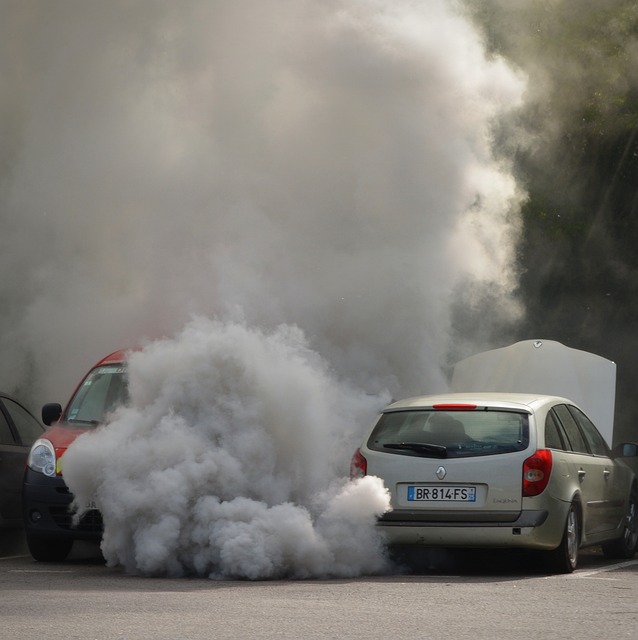Failing an emissions test three times can be a frustrating and concerning experience for vehicle owners, as it often indicates underlying issues with the vehicle’s engine or exhaust system that need to be addressed. Emissions tests are designed to ensure that vehicles meet specific environmental standards by limiting the amount of harmful pollutants they release into the atmosphere. When a vehicle fails an emissions test, it typically means that it is emitting higher levels of pollutants than allowed by law.
If you fail an emissions test three times, the first step is to understand the reasons behind the failures. Common causes include malfunctioning oxygen sensors, faulty catalytic converters, issues with the fuel injection system, or problems with the engine’s computer system. After each failed test, you should receive a diagnostic report that outlines the specific issues detected. It is crucial to address these problems by taking your vehicle to a certified mechanic who can perform the necessary repairs. In some regions, there may be a requirement to provide proof of these repairs before you can retake the test.
Repeated failures can have significant consequences. In many jurisdictions, failing an emissions test multiple times can result in fines, the suspension of your vehicle’s registration, or even the inability to renew your vehicle’s registration until the issues are resolved. Some areas offer a waiver or extension if you can demonstrate that you have made a good-faith effort to repair the vehicle and have spent a certain amount of money on repairs. However, these waivers are not guaranteed and often come with strict conditions.
To avoid the complications associated with failing an emissions test multiple times, it is advisable to maintain your vehicle regularly. Regular maintenance, such as timely oil changes, replacing air filters, and ensuring that the engine is running efficiently, can help prevent emissions-related issues. Additionally, addressing any check engine lights or unusual vehicle behavior promptly can mitigate the risk of failing future emissions tests.


